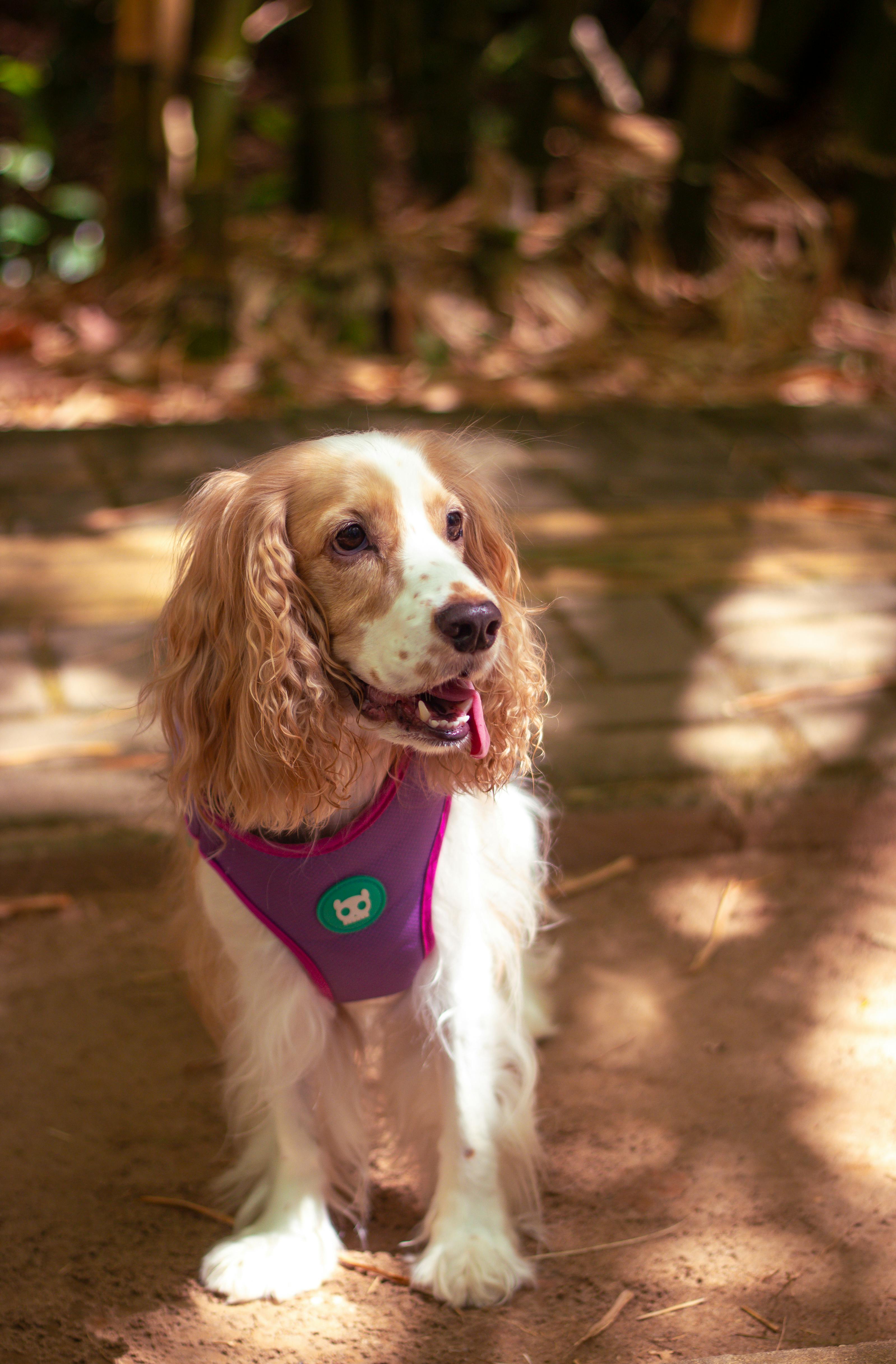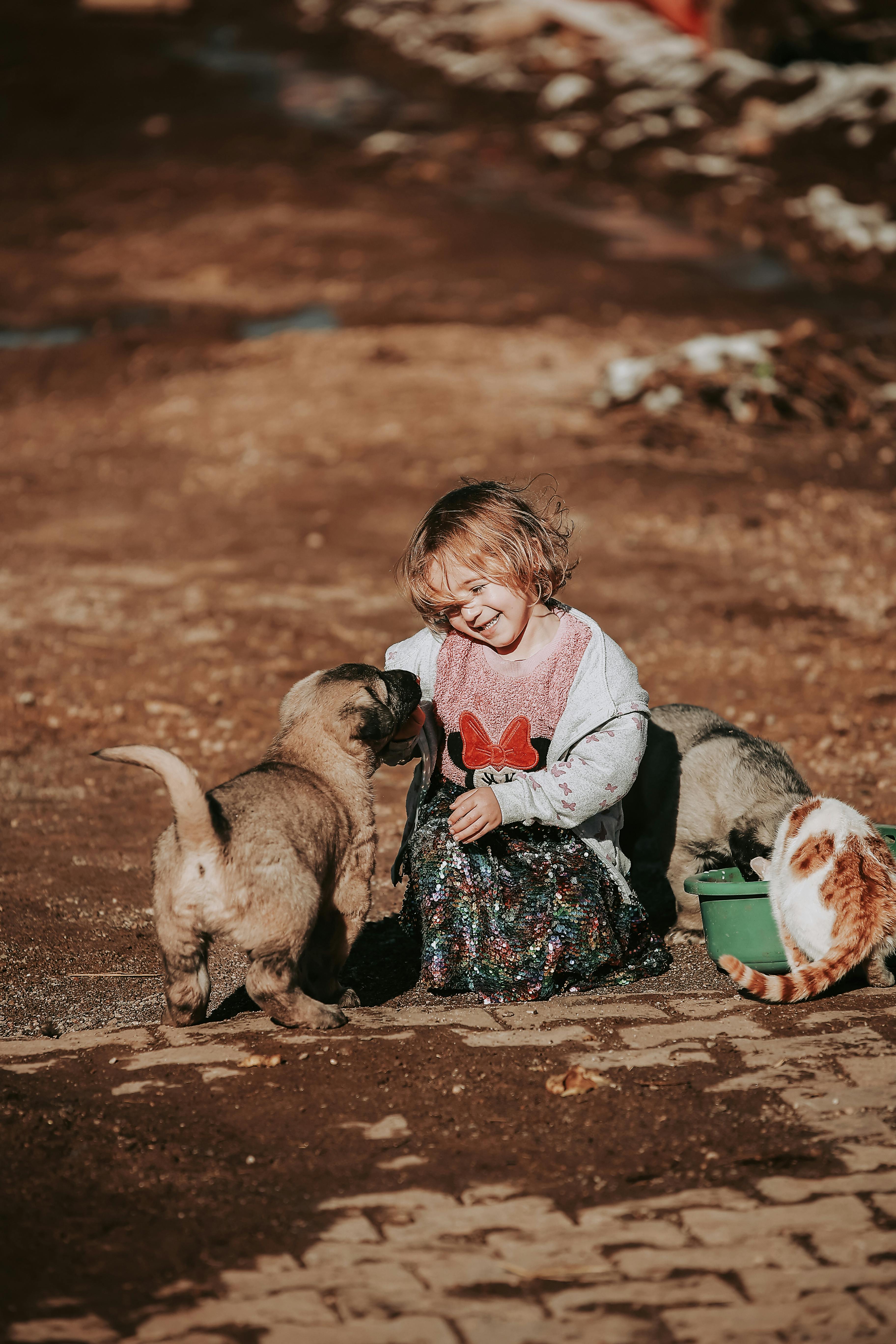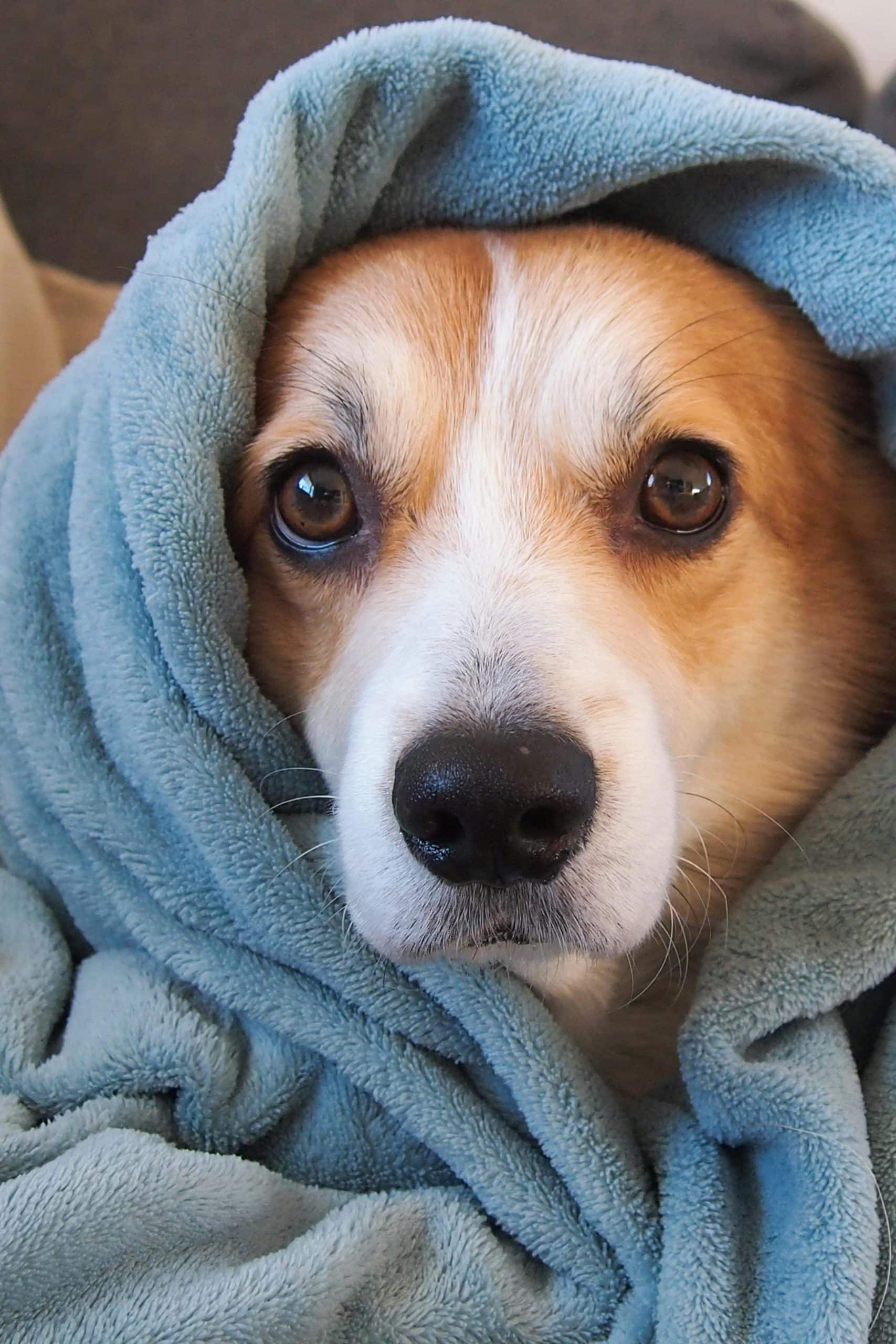So, you've recently adopted an adult dog and you're eager to introduce them to your other furry friends. The process of socializing an adult dog with other pets may seem like a daunting task, but with a little patience and guidance, it can be a rewarding experience for both your new dog and your existing pets. In this article, we'll explore some helpful tips and strategies to ensure a smooth and successful integration, creating a harmonious and happy environment for all.
Understanding the Importance of Socializing
Promoting a Positive Environment
Socializing your dog is a crucial aspect of their overall well-being. By socializing your dog, you create a positive environment where they can interact with other animals and people. This helps them develop important social skills and build confidence. A positive environment provides the necessary opportunities for your dog to learn how to behave appropriately in different situations.
Preventing Behavioral Issues
Socialization plays a significant role in preventing behavioral issues in dogs. When dogs are not exposed to other animals or unfamiliar environments, they may become anxious, fearful, or even aggressive in these situations. By providing opportunities for your dog to socialize, you can help them become comfortable and confident in various settings. This, in turn, reduces the likelihood of behavioral problems arising.
Improving Overall Well-being
Socializing your dog has numerous benefits for their overall well-being. Dogs are social animals, and they thrive on companionship and interaction. When your dog is properly socialized, they experience less stress and anxiety and are generally happier. Additionally, a well-socialized dog is more likely to have positive experiences with other animals, which can enhance their overall quality of life.
Assessing Your Dog's Temperament
Evaluating Friendliness towards Other Animals
Before introducing your dog to new pets, it's essential to assess their temperament and friendliness towards other animals. Some dogs are naturally more sociable and friendly, while others may be more reserved or even reactive towards other animals. Take the time to understand your dog's behavior and responses when encountering different animals. This will help you gauge their readiness for socializing.
Identifying Triggers and Sensitivities
In addition to evaluating your dog's friendliness, it's crucial to identify any triggers or sensitivities they may have. This could include specific types of animals, certain behaviors, or even specific environments. By recognizing these triggers and sensitivities, you can work on desensitizing your dog and gradually exposing them to these situations. This will ensure a smoother introduction to new pets and minimize any potential negative reactions.

This image is property of images.pexels.com.
Introducing Your Dog to New Pets
Slow and Gradual Approach
When introducing your dog to new pets, it's essential to take a slow and gradual approach. Rushing the process can overwhelm your dog and potentially trigger negative behaviors. Start by allowing your dog to observe the new pet from a distance and gradually decrease the distance over time. This gradual introduction helps your dog feel more comfortable and increases the chances of a successful interaction.
Using Neutral Territory
Choosing a neutral territory for the initial introduction is beneficial. This eliminates any potential territorial issues that may arise if your dog feels the need to protect their home or personal space. A neutral territory allows both pets to start the interaction on an equal footing, reducing the likelihood of any conflicts.
Supervising Initial Interactions
During the initial interactions between your dog and the new pet, it's crucial to supervise them closely. This will allow you to monitor their behavior and intervene if any negative interactions occur. If necessary, keep the interactions short and gradually increase their duration as both pets become more comfortable with each other. Positive experiences during supervised interactions will help strengthen the bond between the pets.
Positive Reinforcement Training
Encouraging Good Behavior
Positive reinforcement training is an effective way to encourage good behavior in your dog. Whenever your dog displays desirable behavior, such as calmness or appropriate interaction with other pets, reinforce it by providing praise, treats, or affection. This positive feedback reinforces the behavior, making it more likely to be repeated.
Rewarding Calmness
Calmness is an essential trait for your dog when interacting with new pets. Rewarding your dog for maintaining a calm demeanor during these interactions helps them associate positive reinforcement with staying calm. This creates an incentive for your dog to remain composed, even in potentially exciting or challenging situations.
Using Treats and Affection
Treats and affection can be powerful motivators during positive reinforcement training. When introducing your dog to new pets, use treats to reward them for desirable behavior, such as gentle sniffing or respectful body language. Additionally, providing affection and praise reassures your dog that they are doing well and encourages them to continue behaving positively.

This image is property of images.pexels.com.
Managing Praise and Correction
Using Positive Reinforcement Techniques
When managing your dog's behavior, it's important to primarily utilize positive reinforcement techniques. Positive reinforcement focuses on rewarding desired behavior rather than punishing undesirable behavior. This approach creates a positive and encouraging environment for your dog, increasing their willingness to learn and cooperate.
Avoiding Punishment-Based Methods
Punishment-based methods, such as physical reprimands or harsh corrections, can have detrimental effects on your dog's well-being and the relationship between you and your pet. These methods can instill fear, aggression, or anxiety in your dog and may lead to more significant behavior problems. Instead, focus on reinforcing positive behavior and redirecting undesirable behavior into more appropriate actions.
Establishing a Routine
Regular Exercise and Playtime
Establishing a routine that includes regular exercise and playtime is crucial for a well-balanced and socialized dog. Physical activities not only provide an outlet for your dog's energy but also offer opportunities for social interactions with other animals and people. Engaging in regular exercise and playtime helps your dog release pent-up energy and positively reinforces their socialization skills.
Consistent Feeding and Resting Schedule
Consistency in your dog's feeding and resting schedule is also essential for their overall well-being and behavior. By maintaining a consistent routine, you create stability and predictability in your dog's life, reducing stress and anxiety. Regular feeding times and designated resting areas can promote a sense of security and help your dog feel more comfortable and relaxed around other pets.

This image is property of images.pexels.com.
Addressing Potential Challenges
Aggression or Dominance Issues
Some dogs may display aggression or dominance issues when interacting with other pets. If your dog exhibits these behaviors, it's important to address them promptly and seek professional help if necessary. An experienced dog trainer or behaviorist can guide you through specialized training techniques to manage and modify these behaviors to ensure the safety and well-being of all pets involved.
Fear or Anxiety towards Other Pets
Fear or anxiety towards other pets is another common challenge when socializing adult dogs. If your dog becomes anxious or fearful in these situations, it's important to address their emotions and gradually expose them to controlled and positive experiences. This can involve desensitization exercises, counter-conditioning, and working with a professional to develop a customized socialization plan for your dog.
Seeking Professional Help
Consulting a Dog Trainer or Behaviorist
If you encounter challenges during the socialization process, it is advisable to consult a dog trainer or behaviorist. These professionals have the expertise to assess your dog's behavior, provide guidance, and develop tailored training plans to address specific challenges. They can work with you and your dog to ensure a safe and successful socialization journey.
Considering Group Classes or Socialization Sessions
Group classes or socialization sessions can also be beneficial for dogs that require additional socialization opportunities. These environments provide controlled interactions with other dogs and people, allowing your dog to practice their social skills in a supervised setting. Working within a group can also provide a supportive community of fellow dog owners who can provide advice and encouragement throughout the process.
Monitoring and Supervision
Observing Interactions
It is crucial to closely observe your dog's interactions with other pets, especially in the early stages of socialization. Pay attention to their body language, vocalizations, and overall behavior. This allows you to identify any signs of stress or discomfort and intervene if necessary. By actively monitoring the interactions, you can ensure the safety and well-being of all animals involved.
Interrupting and Redirecting Undesirable Behavior
If you notice undesirable behavior during interactions, it's important to intervene promptly. Interrupt the behavior with a gentle command or distraction and redirect your dog's attention to more appropriate behavior. This helps to prevent the escalation of negative interactions and reinforces the desired behavior you want to promote.
Maintaining Patience and Persistence
Understanding Time and Progression
Socializing an adult dog is a gradual process that requires patience and persistence. Each dog is unique, and the time it takes to successfully socialize them may vary. Understand that progress may be slow at times, but consistency and positive reinforcement will help your dog develop the necessary social skills over time. Be patient and focus on celebrating small achievements along the way.
Repetition and Consistency
Repetition and consistency are key to successful socialization. Consistently expose your dog to new pets and situations, ensuring that each interaction is positive and rewarding. Regularly practice training exercises that promote good behavior and reinforce the socialization lessons learned. By repeating these experiences and consistently reinforcing positive behavior, you can help your dog develop into a well-socialized and confident companion.
In conclusion, socializing an adult dog with other pets is a vital aspect of their overall well-being. It promotes a positive environment, prevents behavioral issues, and improves their overall quality of life. By assessing your dog's temperament, introducing them to new pets gradually, using positive reinforcement training, managing praise and correction, establishing a routine, addressing potential challenges, seeking professional help when needed, monitoring and supervising interactions, and maintaining patience and persistence, you can successfully socialize your dog and foster harmonious relationships with other pets. Remember, it takes time and effort, but the rewards of a well-socialized and happy dog are worth it.


